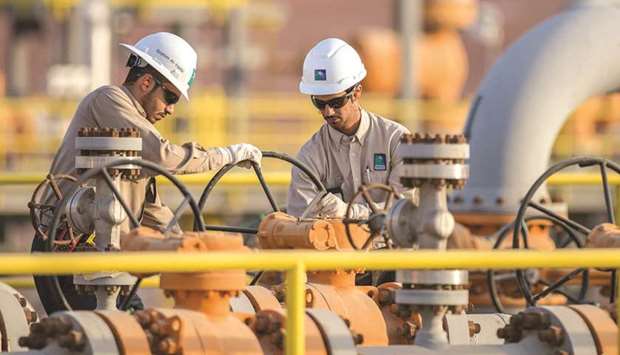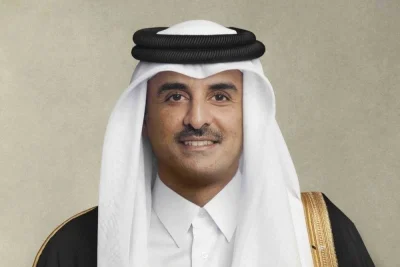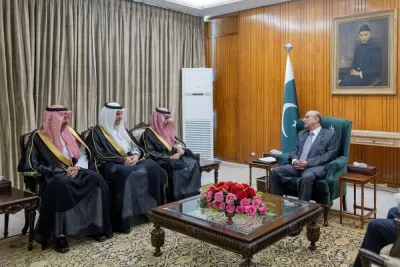Energy giant Saudi Aramco on Tuesday posted a 30% jump in first quarter profits, beating forecasts in a sign of recovery from last year’s oil market crash fuelled by the coronavirus pandemic.
Aramco said its net profit rose to $21.7bn in the first three months of the year, compared to $16.7bn in the same quarter of 2020, owing to a stronger oil market and higher refining and chemicals margins.
The bumper results follow strong profits posted last month by major oil firms — from American giants ExxonMobil and Chevron to Britain’s BP and France’s Total — as a recovery in crude prices fuelled their rebound from the pandemic.
“The momentum provided by the global economic recovery has strengthened energy markets,” Aramco chief executive Amin Nasser said in a statement. “Given the positive signs for energy demand in 2021, there are more reasons to be optimistic that better days are coming. And while some headwinds still remain, we are well-positioned...as economies start to recover.”
Oil prices tumbled midway through last year’s first quarter as the pandemic shuttered large parts of the global economy.
The strong earnings provide relief to Aramco, which has revealed consecutive falls in profits since it began disclosing earnings in 2019.
The company’s low earnings last year piled pressure on government finances as Riyadh faces a ballooning budget deficit and pursues multi-billion dollar projects to diversify its oil-reliant economy.
The first-quarter profit beat a forecast of around $20bn by RBC Capital Markets, which said the results highlight “Aramco’s leverage to rising commodity prices”
Aramco declared a dividend of $18.8bn for the first quarter. That is in line with the company’s plan to pay an annual dividend of $75bn — a key revenue source for the government, Aramco’s biggest share holder.
Saudi Arabia is currently seeking to monetise its energy assets, as it explores new revenue streams to fund its ambitious diversification drive.
Last month, Aramco said it had struck a $12.4bn deal to sell a minority stake in a newly formed oil pipeline business to a consortium led by US-based EIG Global Energy Partners.
Long seen as the kingdom’s “crown jewel”, Aramco and its assets were once tightly government-controlled and considered off-limits to outside investment.
But with Crown Prince Mohamed bin Salman accelerating efforts to implement his “Vision 2030” reform programme, the kingdom has shown readiness to cede some control.

The handout picture provided by Aramco on December 19, 2016, shows its engineers working in eastern Saudi Arabia. Aramco said its net profit rose to $21.7bn in the first three months of the year, compared to $16.7bn in the same quarter of 2020, owing to a stronger oil market and higher refining and chemicals margins.


